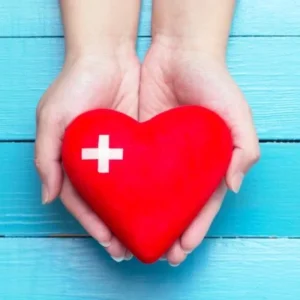The recent inter-ethnic conflict in Ghana’s Savannah Region has displaced families, destroyed homes, and severely strained public services. Districts such as Sawla-Tuna-Kalba and Bole have been particularly affected, with local health facilities overwhelmed by a surge in injuries, trauma cases, and medical needs. Clinics and hospitals, already operating with limited resources, are struggling to provide essential medicines, supplies, and emergency care to the affected populations.
Humanitarian crises often expose the vulnerabilities of health systems, with shortages of medicines, disrupted supply chains, and overburdened facilities leading to avoidable loss of life, particularly among children, pregnant women, and individuals with chronic illnesses who depend on continuous treatment.
In response to the urgent health needs, the World Health Organization (WHO) has donated emergency medical supplies and consumables to the affected communities. The package includes essential medicines, medical consumables, and basic supplies aimed at sustaining both routine and emergency health services during the crisis.
Dr. Fiona Braka, WHO Country Representative to Ghana, emphasized the organization’s commitment to supporting affected populations, stating that the supplies are meant to bridge immediate service gaps, alleviate suffering, and prevent avoidable deaths. The items were handed over to the Ghana Health Service (GHS) through the National Disaster Management Organization (NADMO), demonstrating the importance of inter-agency coordination in emergencies.
NADMO Director-General Major (Rtd) Dr. Joseph Bikanyi Kuyon welcomed WHO’s timely intervention, highlighting that health is often one of the first casualties in emergencies and that the donated supplies would allow health facilities in the hardest-hit districts to continue serving their communities. He also stressed the need for ongoing support from partners to sustain relief efforts until stability is restored.
The WHO donation arrives at a critical time, providing much-needed resources for families requiring health, shelter, and food assistance. For frontline health workers, these supplies offer a vital lifeline to continue delivering care under challenging conditions. The organization reaffirmed its long-term commitment to strengthening Ghana’s health system resilience, ensuring equitable access to healthcare during both times of peace and crisis.






